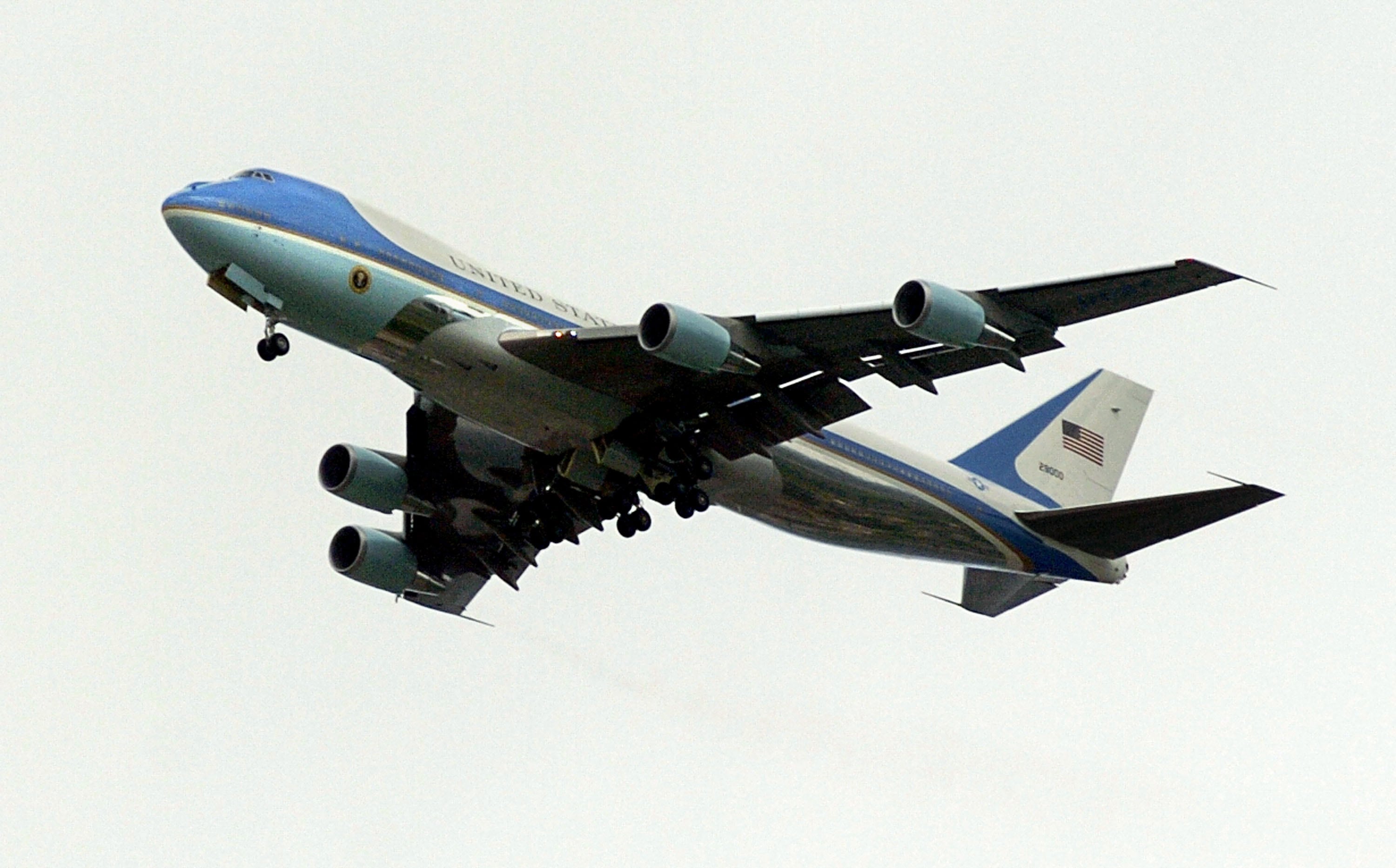WASHINGTON — The White House and Boeing have reached an informal deal on the new Air Force One planes that will cap the cost of developing and producing the aircraft at $3.9 billion.
CNBC and Fox News both reported the handshake agreement on Tuesday, which was confirmed to Defense News by officials with knowledge of the negotiation. According to a Boeing official, the price includes all previously definitized contracts — including a $600 million contract for design work and a still-undisclosed contract for two Boeing 747 planes — as well as the engineering, manufacturing and design contract, which has not yet been awarded.
“Boeing is proud to build the next generation of Air Force One, providing American presidents with a flying White House at outstanding value to taxpayers. President Trump negotiated a good deal on behalf of the American people,” Boeing said in a statement.
RELATED

The White House claims the deal will save taxpayers $1.4 billion, as the original total cost for two new presidential transport aircraft was originally estimated at more than $5 billion.
However, it is not immediately clear where that $5 billion figure was derived. When President Donald Trump, then the president-elect, tweeted in December 2016 that he would cancel the program if costs did not come down, he stated that the program was worth more than $4 billion. Experts and officials with knowledge of the budget told Defense News at the time that the $4 billion estimate was accurate.
Last February, Trump claimed he had already shaved $1 billion from the program. Subsequent reporting by Defense One shed light on many cost-saving cuts, including a requirements change that stripped a mid-air refueling capability and the decision to buy two 747s that were built — but never owned — by a Russian airliner.
However, budget documents continued to show an estimated $4 billion total cost estimate. Experts said Trump would be hard-pressed to cut $1 billion from the Air Force One program, where the price is driven by the design work needed to transform two commercial airliners into highly-fortified flying White Houses, complete with advanced communications and hardening that would protect the president against nuclear attacks.
Under the Air Force’s Presidential Aircraft Recapitalization program, Boeing will produce two new Air Force Ones and is expected to start aircraft modifications in 2019. The new Air Force One planes could begin replacing the aging VC-25A models as early as 2024.
Valerie Insinna is Defense News' air warfare reporter. She previously worked the Navy/congressional beats for Defense Daily, which followed almost three years as a staff writer for National Defense Magazine. Prior to that, she worked as an editorial assistant for the Tokyo Shimbun’s Washington bureau.








